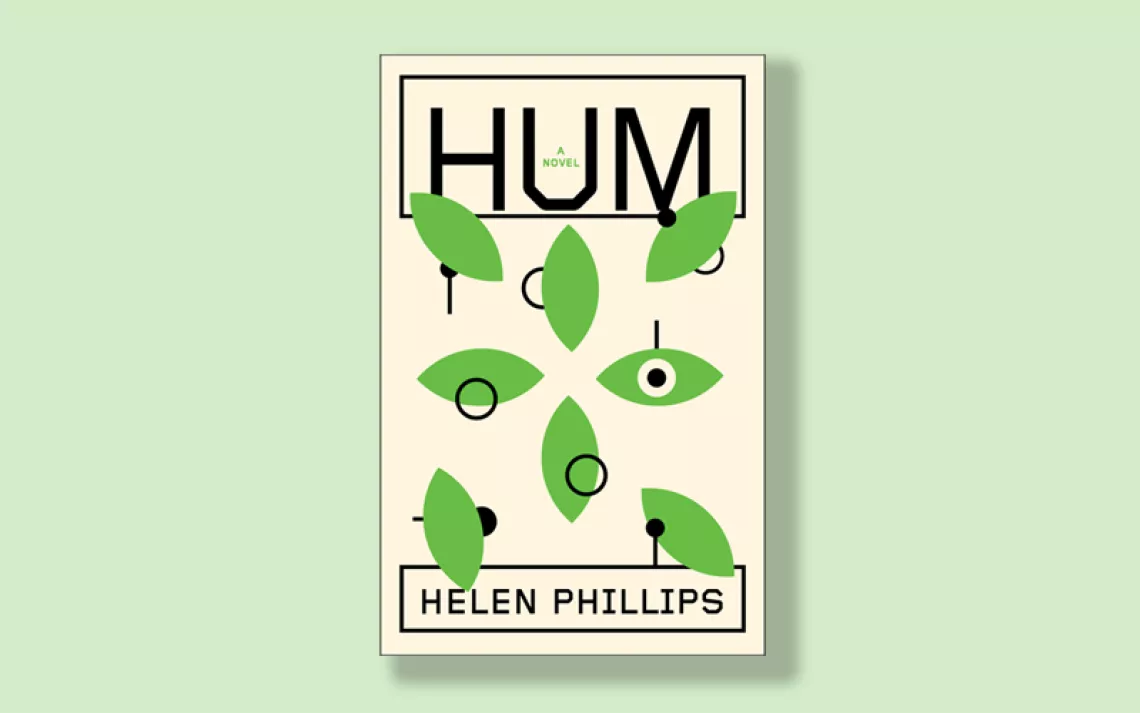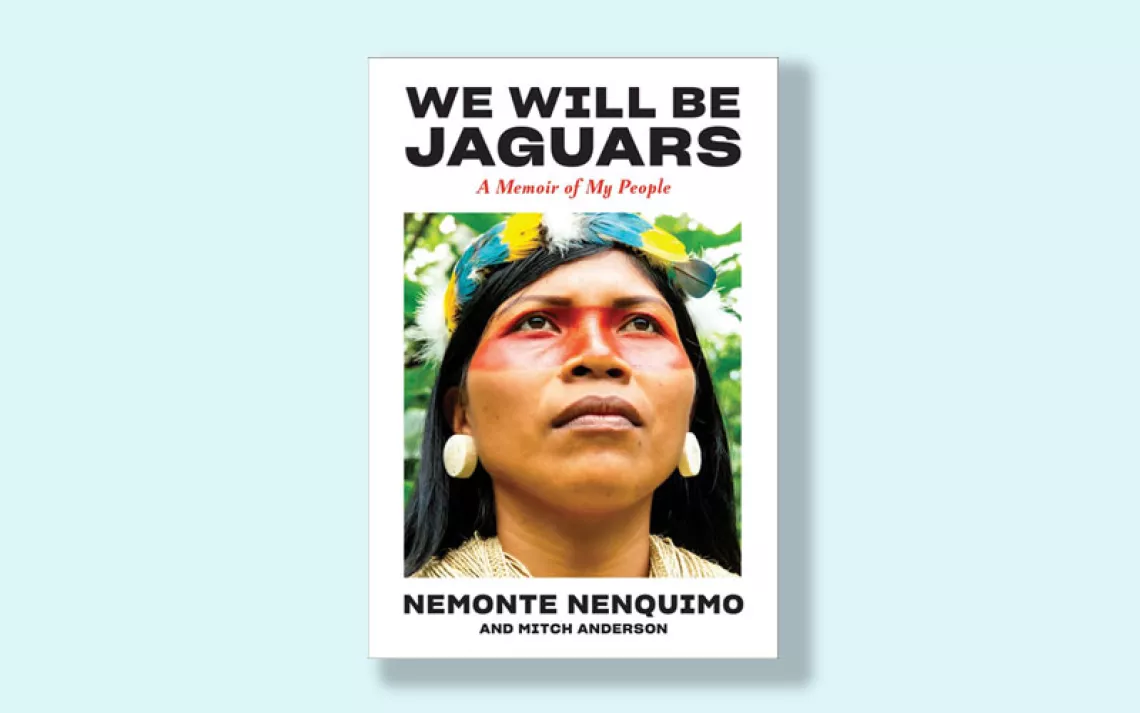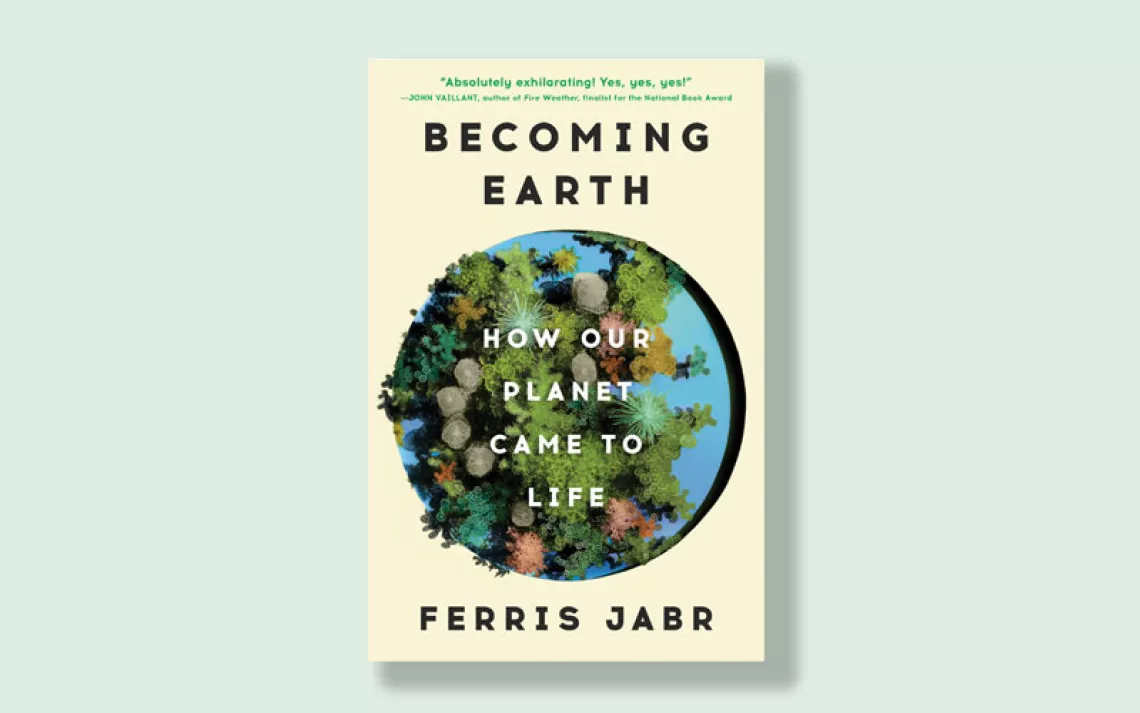Hope Takes Flight Amid Ecological Collapse
Writer Charlotte McConaghy examines personal suffering and the extinction crisis
 “The animals are dying. Soon we will be alone here.” So begins Charlotte McConaghy’s novel Migrations (Flatiron Books, 2020), where in the not-so-distant future, climate change and habitat destruction have driven much of the planet’s wildlife extinct.
“The animals are dying. Soon we will be alone here.” So begins Charlotte McConaghy’s novel Migrations (Flatiron Books, 2020), where in the not-so-distant future, climate change and habitat destruction have driven much of the planet’s wildlife extinct.
In Greenland, Franny Stone undertakes a quixotic journey: to track what may be the last southerly migration of arctic terns to their summer feeding grounds in Antarctica. She convinces the captain of a small fishing vessel to take her aboard and follow the birds, promising that this will lead them to ever-scarcer fish.
A chronic wanderer, Franny has a complicated history filled with secrets that she’s managed, through fits of dissociation, to keep even from herself. As she and the crew of the Saghani venture southward, episodes from her past surface like the shards of crumbling glaciers they must steer past.
In Migrations, the pain of personal loss is intimately, messily entwined with grief about the ecological crisis—each is a metaphor for the other. Franny’s self-destructive impulses echo humanity’s. But as the novel progresses, she also taps into positive life forces, like the desire to nurture, giving her the will to fight for her own and the planet’s future.
To the informed environmentalist, the author’s treatment of the extinction crisis verges on simplistic. She largely ignores a whole cascade of effects (for example, widespread food insecurity) that would inevitably occur. Still, Migrations is a gripping tale that ultimately celebrates the beauty and resilience of the creatures—human and animal—that endure.
This article appeared in the September/October 2020 edition with the headline "In Full Flight."
 The Magazine of The Sierra Club
The Magazine of The Sierra Club



